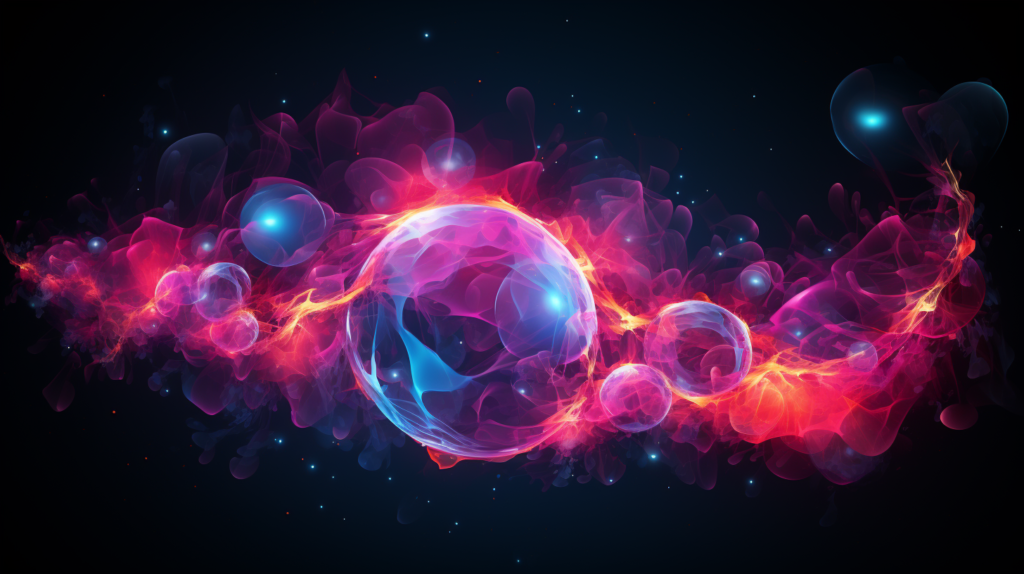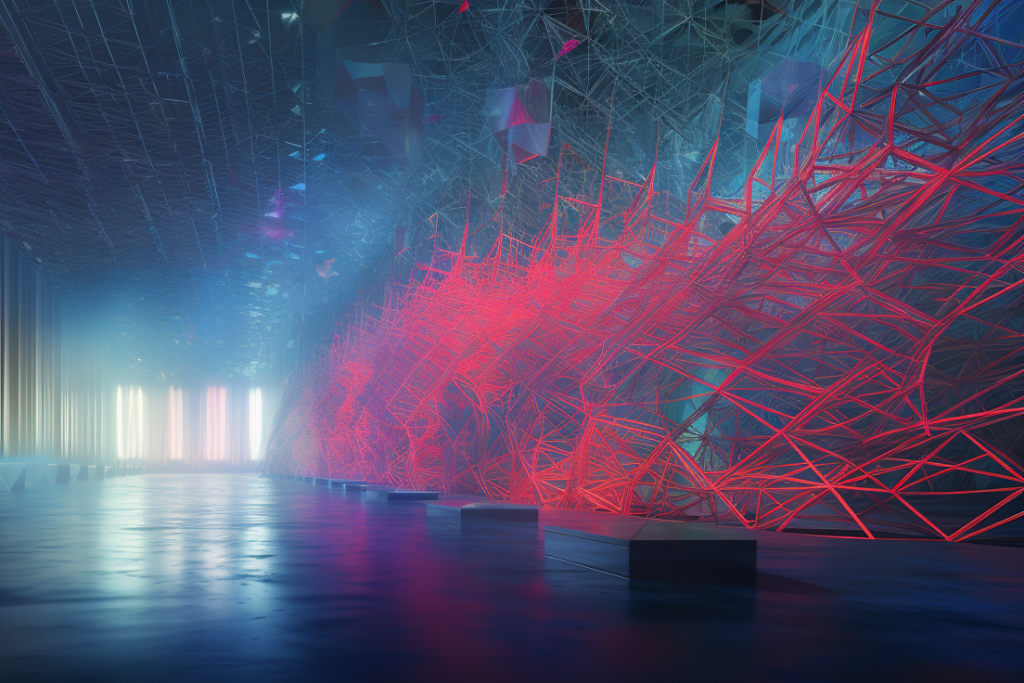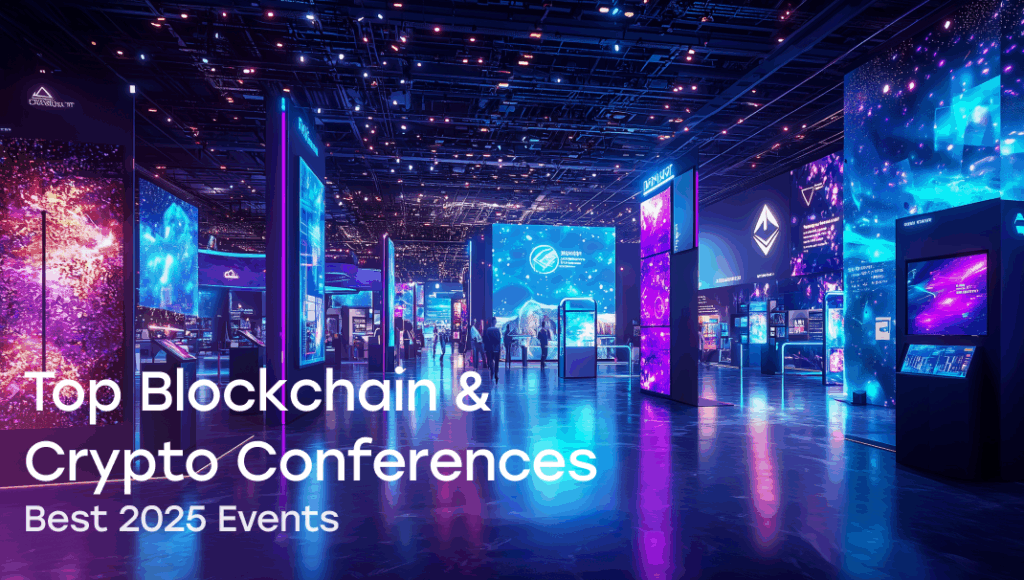share
Have you ever wondered if your favorite song could be composed by a robot instead of your favorite artist? Welcome to the age of Artificial Intelligence (AI) in the music industry, where the boundaries of creativity are being redefined. In a world where technology continues to evolve at an unprecedented pace, AI is making waves, not just in music creation but in reshaping the very fabric of the industry.
The Dynamics of Generative AI in Music
It’s essential to understand the mechanics behind generative AI. This cutting-edge technology scours vast amounts of data across the internet, learning and extrapolating from it to generate new compositions. Artists now have the ability to integrate AI-generated music into their creative process, leading to enhanced productivity and cost-effectiveness. This paradigm shift is exemplified by Horizon First, an American songwriter and producer who attests to the transformative power of AI tools in boosting creativity.
Moreover, AI’s role extends beyond the studio, reaching into the realms of marketing and visibility. AI algorithms analyze user preferences and behaviors, tailoring recommendations and ensuring that content is strategically placed to achieve optimal visibility. This not only enhances the chances of a song reaching a broader audience but also significantly reduces the time and cost associated with traditional production methods.
The Ethical Quandaries of AI-Generated Music
However, as AI takes center stage, ethical and legal concerns loom large. A considerable challenge arises from the fact that AI-generated music is often built upon pre-existing content without the explicit knowledge or consent of the original artists. This murky landscape raises questions about intellectual property rights, licensing, and fair compensation for creators. The inability to attribute original creators due to the opacity of generative AI processes gives rise to issues like misinformation and deep fakes, eroding trust in online content.

Hanla Khaled, a music industry analyst at Media Research, sheds light on the difficulty of determining the source and originality of AI-generated content. This lack of transparency poses challenges that must be addressed to ensure a fair and ethical transition into the AI-driven future of music creation.
Blockchain: The Savior of Ethical AI in Music
In the face of these challenges, a glimmer of hope emerges in the form of blockchain technology. The immutable nature of the blockchain ledger offers a solution to the provenance problem associated with AI-generated music. By representing digital intellectual property rights through blockchain tokens, the original creators can be tracked, ensuring they receive due compensation. Blockchain not only addresses the attribution issue but also introduces transparency, a vital component in ethical music creation.
Several blockchain platforms are already paving the way for a more ethical integration of AI in music. Pixelinks, for instance, enables users to collaboratively create music with their favorite artists using AI tools. Blockchain ensures that the original content is tracked, providing fair compensation to the creators involved.
Redefining Artist-Fan Dynamics with Blockchain
Beyond addressing legal and ethical concerns, blockchain-based solutions also hold the potential to reshape the dynamics between artists and fans. By eliminating intermediaries like labels and distributors, artists can have a more direct relationship with their audience. Fans, in turn, can support their favorite artists in real-time by purchasing tokens and non-fungible tokens (NFTs), creating a sense of ownership in the music they love.
While blockchain-based music platforms are yet to become mainstream, the rapid spread of AI-generated music could be the catalyst needed for widespread adoption. As the music industry grapples with the potential of blockchain, it may force traditional streaming platforms to evolve and implement blockchain to stay competitive.
The Convergence of Blockchain and AI: A Musical Revolution

In essence, the convergence of blockchain technology and AI stands as a potential revolution for the music industry. Blockchain brings transparency, fair compensation, and ethical standards, while AI provides new avenues for creating and experiencing music. This synergy marks a pivotal moment in the evolution of the music landscape, where decisions made today will shape the future of an industry navigating the harmonious blend of technology and creativity. As we embrace the possibilities, the transformative power of AI and blockchain ensures that the music industry marches into the future with a melody of innovation and ethical responsibility.
The Impact of AI Advancements on the Music Industry
The thought of artificial intelligence (AI) infiltrating various professional domains elicits both fear and excitement among individuals. While some perceive it as a potential threat, others view it as a revolutionary tool capable of enhancing diverse tasks. To grasp the profound implications of AI in the music industry, one must delve into its nuances and explore how it can reshape the landscape, considering both the advantages and drawbacks it introduces.
AI in Music: Advantages and Transformations
AI’s foothold in the music industry is already substantial, offering a range of advantages that extend beyond the creative process. AI’s adeptness at recognizing patterns and trends within vast datasets equips artists and creators with valuable insights. This analytical prowess aids in strategic song promotion, ensuring optimal visibility at opportune times. For social media users seeking mass exposure, AI becomes an invaluable ally, predicting a song’s commercial success and analyzing audience sentiment.
While AI’s current role in the music industry is significant, there is room for improvement in certain skill sets. The rapid growth of artificial intelligence suggests that major advancements are on the horizon, promising enhanced capabilities in the near future.
A Creative Technological Revolution
In the realm of music production, artificial intelligence (AI) has transcended mere analysis, embedding itself in the very core of the creative process. Cutting-edge online music software, exemplified by platforms like LANDR and Izotope, harnesses advanced algorithms and machine learning techniques to redefine the landscape of music mastering. LANDR, for instance, boasts the ability to master an entire track swiftly, aligning it seamlessly with industry loudness standards for popular streaming platforms like Spotify and Apple Music. Tasks that once consumed hours or even days can now be executed in a matter of minutes, underscoring the efficiency that AI brings to the creative table.
Izotope’s suite of plugins, including Nectar, Neutron, and Ozone, seamlessly integrates AI into the mixing and mastering processes. Ozone’s master assistant, a standout feature, empowers producers to select a specific genre or mastering style, streamlining workflows and potentially eliminating the need for a dedicated mastering engineer.
Beyond the confines of production, AI’s influence extends into the realm of composition and songwriting, where it demonstrates the capacity to generate original compositions, melodies, and lyrics through the analysis of existing musical data. A fascinating example is “Daddy’s Car,” a composition crafted by artificial intelligence at Sony’s computer science laboratory in Tokyo, intentionally designed to emulate The Beatles’ distinctive style. This prompts intriguing questions about AI’s potential to supersede human artistry, sparking contemplation on whether algorithms can genuinely replicate the profound emotional depth that humans infuse into their creative works.

The Dark Side of AI in Music: Challenges and Threats
As AI progresses, it introduces challenges and potential threats to the music community. Instances of songs featuring popular artists but entirely generated by AI, such as “Heart On My Sleeve” by Drake and The Weeknd, raise concerns about copyright infringement. The unauthorized use of artists’ voices in AI-generated compositions poses ethical dilemmas for both the artists and their labels.
Moreover, the evolution of AI in music production poses a looming threat to employment opportunities within the industry. The prospect of AI gradually replacing certain roles, rendering human music producers obsolete, is a concern that industry professionals will need to address in the coming years.
AI’s Impact on Music: A Dichotomy of Advancements and Concerns
To sum it up, the integration of AI into the music industry is a dynamic process marked by advancements and ethical considerations. While AI enhances efficiency, creativity, and visibility, it simultaneously introduces challenges related to intellectual property, transparency, and the potential displacement of human roles. The evolving synergy between AI and blockchain technology emerges as a potential solution to address these challenges, offering transparency, fair compensation, and ethical standards.
As the music industry navigates this transformative landscape, it must strike a delicate balance, embracing the possibilities that AI presents while safeguarding the essence of human artistry and ethical practices. The harmonious integration of technology and creativity ensures that the music industry evolves with a melody of innovation and responsibility, resonating through the corridors of musical expression.









